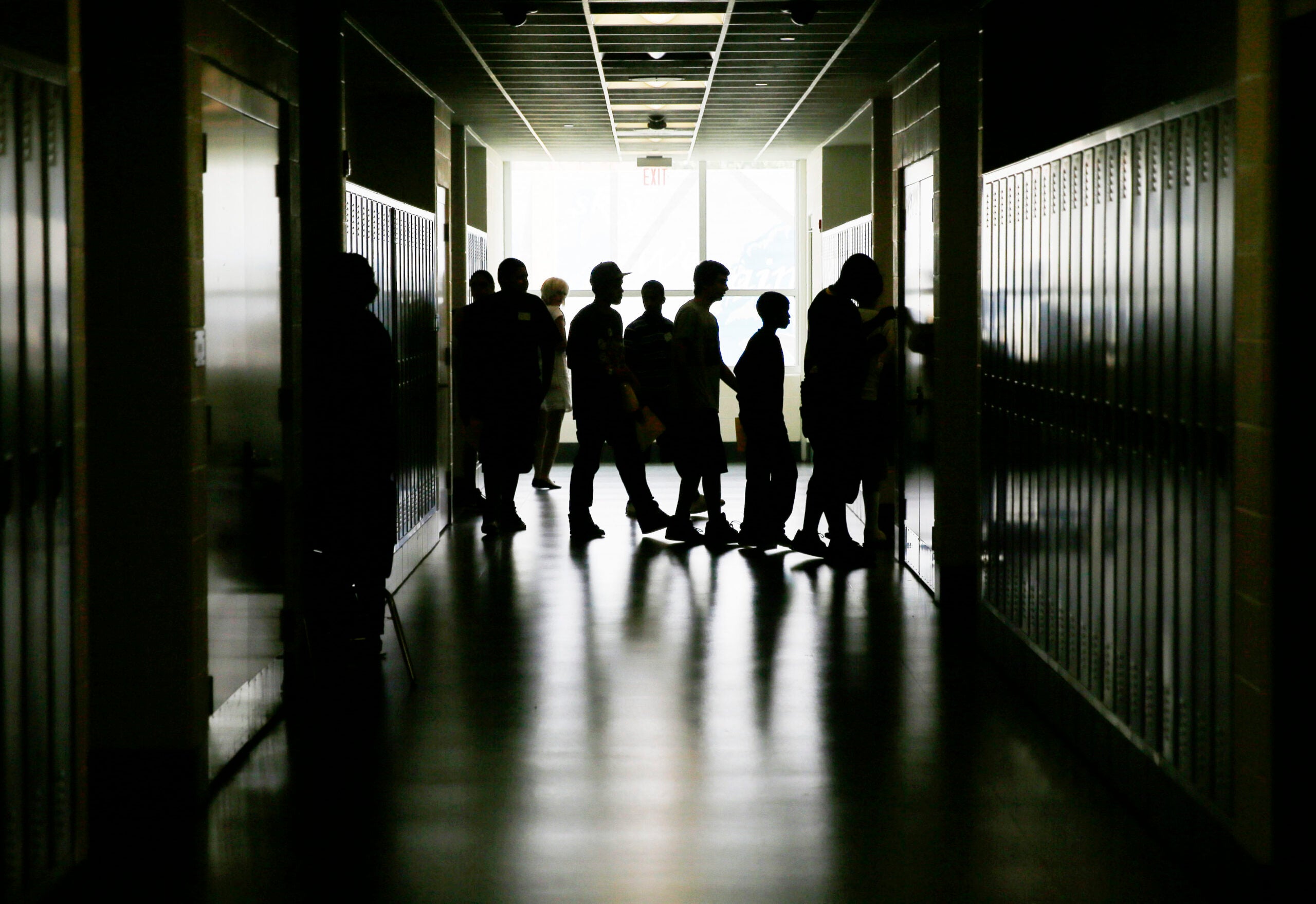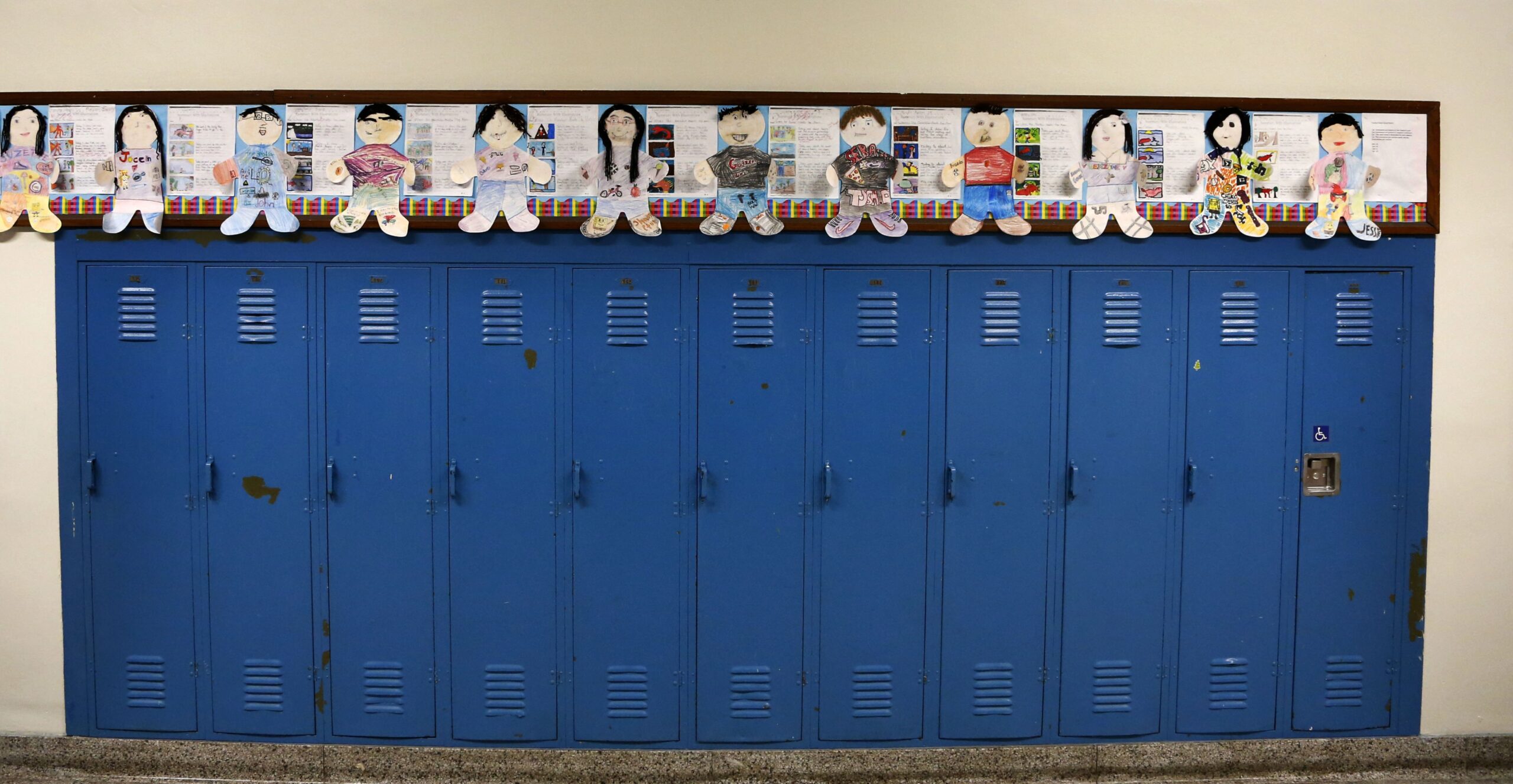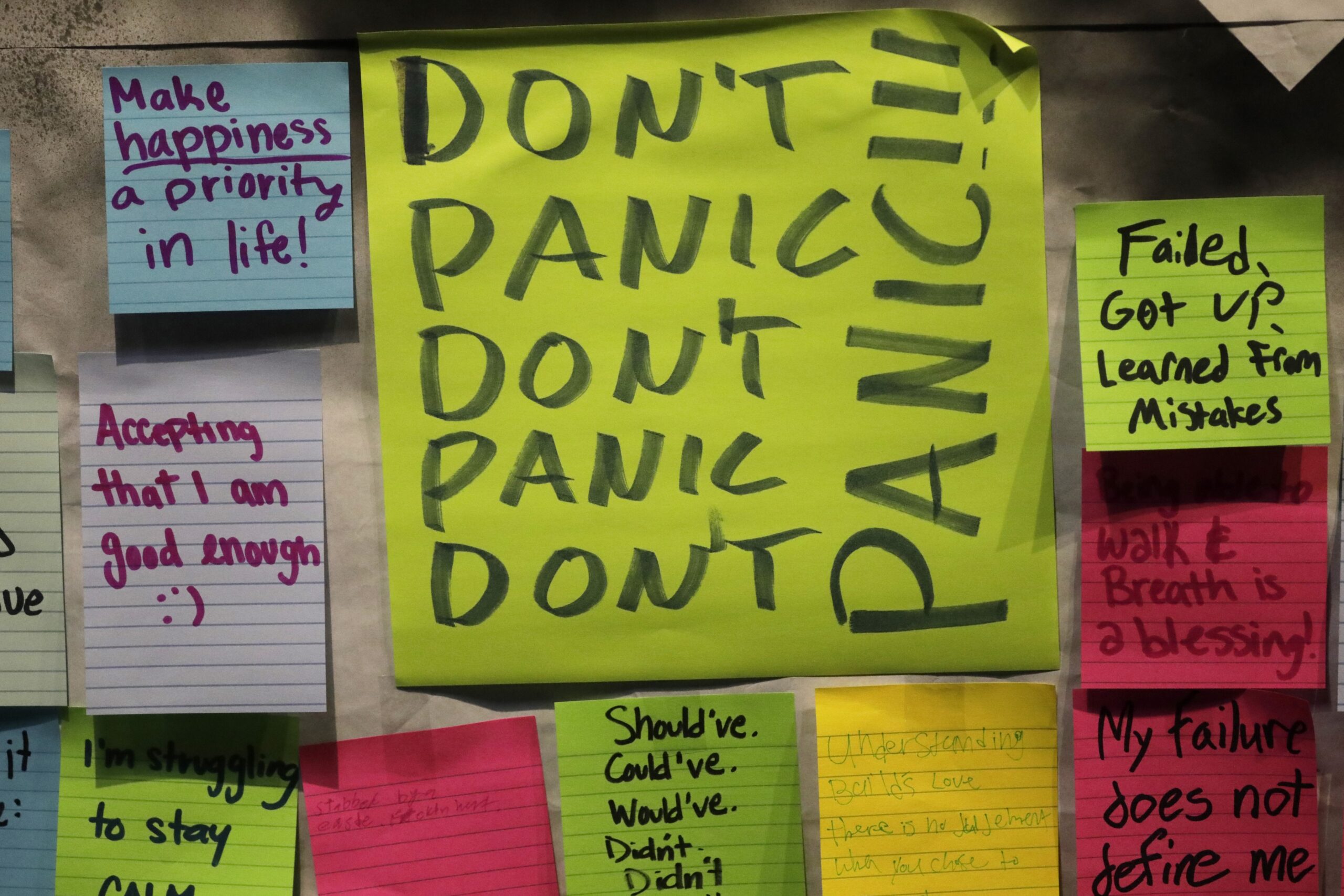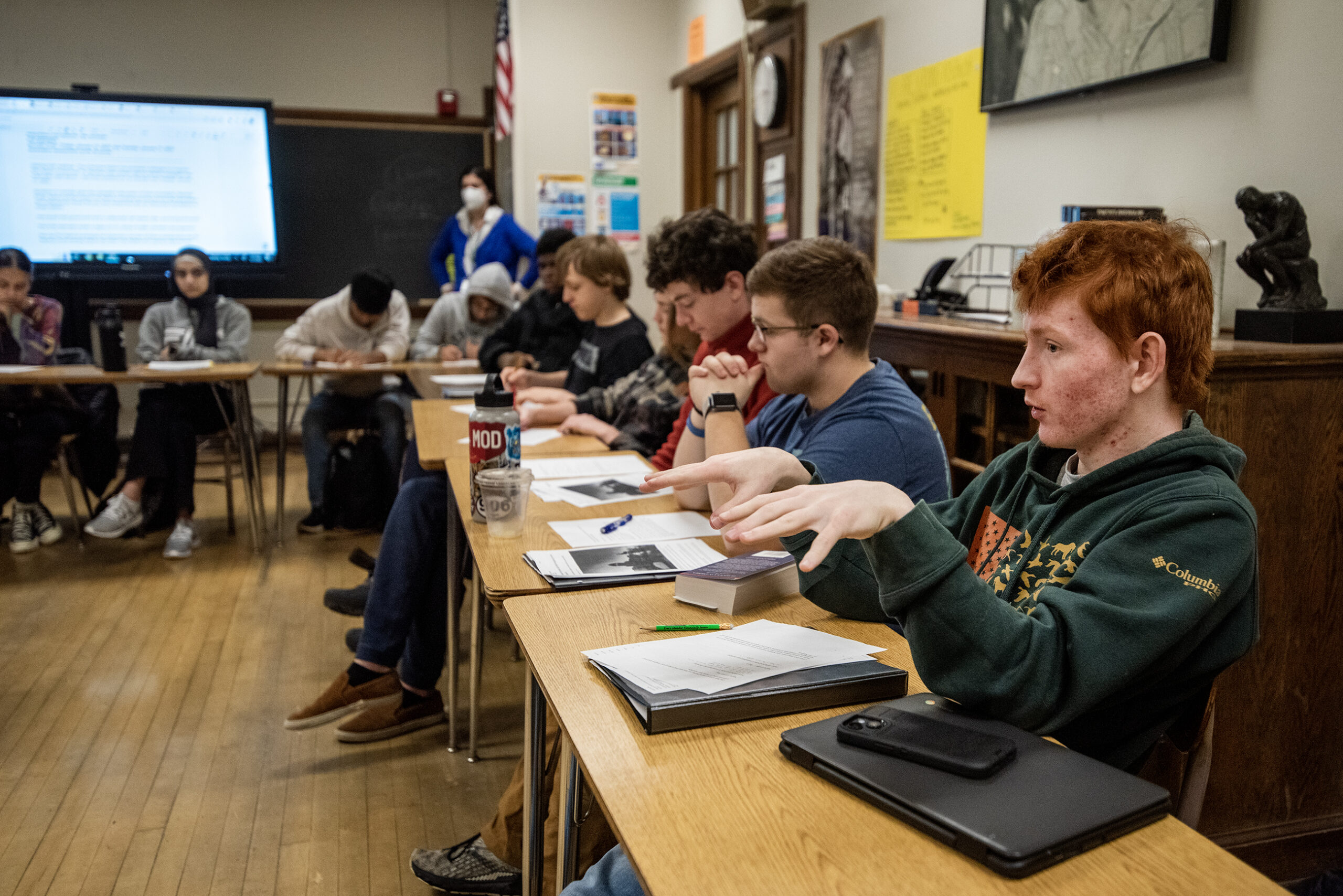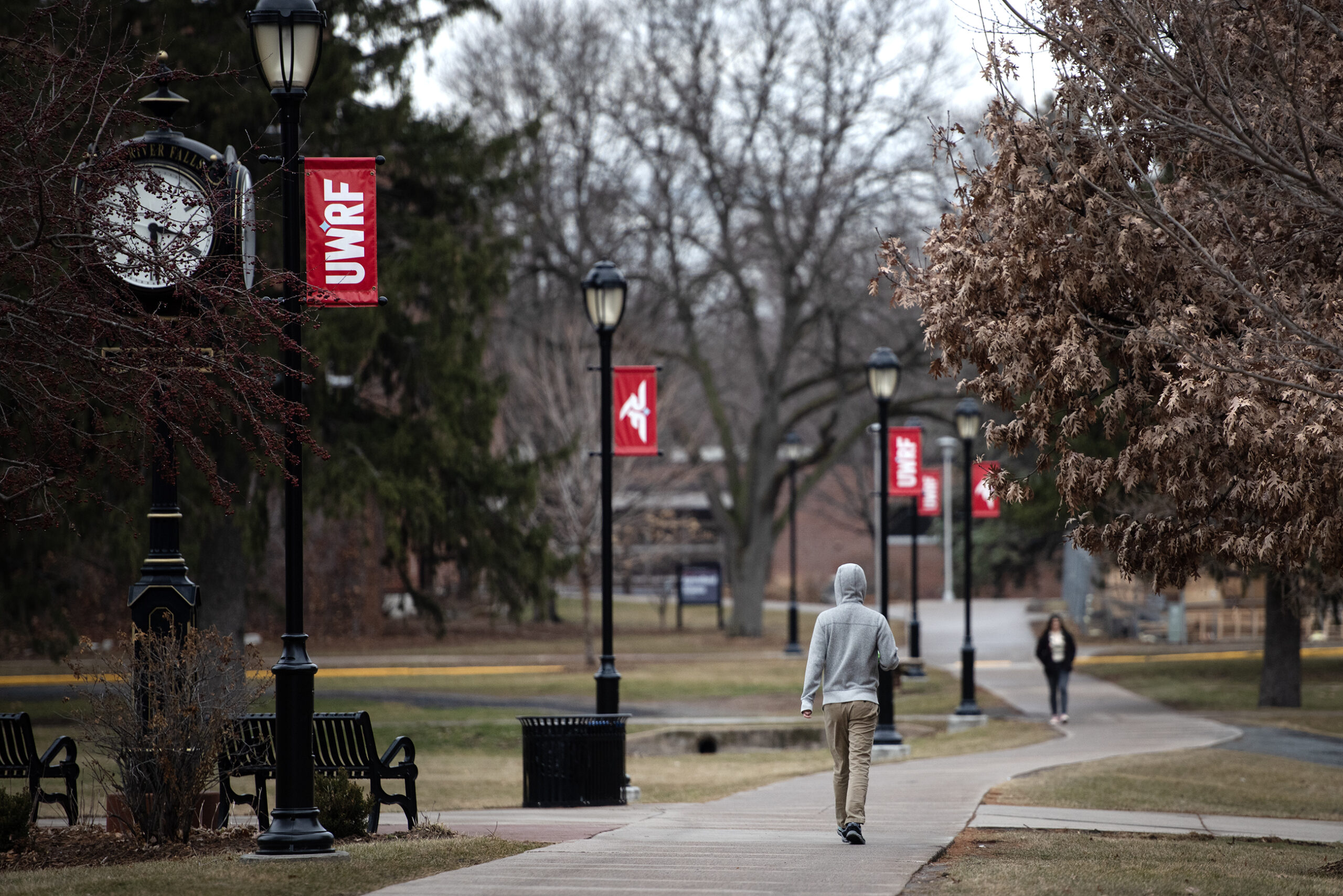School engagement continues to be one of the strongest predictors of mental health among middle and high school students.
Unfortunately, a recent survey of 12 -to 18-year-olds found they’re less engaged in school than even a year ago.
Teens are also less excited about going to a four-year college.
News with a little more humanity
WPR’s “Wisconsin Today” newsletter keeps you connected to the state you love without feeling overwhelmed. No paywall. No agenda. No corporate filter.
The survey about Gen-Zers’ school attitudes was conducted by Gallup and the Walton Family Foundation.
Like similar surveys, including the Wisconsin Youth Risk Behavior Survey released in June, all students, regardless of race, gender or household income, reported feeling more excited and prepared for their future when they felt engaged at school.
“The students who are most engaged in school are more than four times as likely as the least engaged students to strongly agree they have a great future ahead of them and are 10 times more likely to strongly agree they feel prepared for the future,” the survey found.
The Gallup and Walton Family Foundation conducted the same survey of teens in 2023 and 2024. One of the biggest differences came with the prompt: “In the last seven days, I have learned something interesting at school.”
In 2023, 68 percent said they had. This year, that number dropped 10 points, to 58 percent, among the same students.

The survey also found that mental health continues to pose a challenge to many Gen-Zers and is strongly correlated with overall life evaluation and outlook on their future.
Those with excellent mental health are more than three times as likely to feel prepared for their futures than those with only fair mental health, and about seven times as likely to feel prepared as those who have poor mental health.
Romy Drucker Walton Family Foundation education program director said the findings give teachers a “roadmap for success” to create stronger bonds with students.
Abbey Osborn teaches English at South Division High School in Milwaukee. She said her school uses restorative practices to make sure students are feeling heard and respected.
“Even though school just started, we’ve already been doing community building,” Osborn said. “I’ve been asking my students what makes them feel safe, what makes them feel calm and peaceful, what are their top values, so that I can have those things in mind if I notice that maybe something’s a little off with them.”

to struggle with many of its elements. Graphic courtesy of the Walton Family Foundation-Gallup Voices of Gen Z Study, Year 2 Annual Survey Report
More than half of students who are planning to go onto higher education after high school said they feel challenged by their school work “in a good way.” But only 41 percent of students with no college plans answered the same.
When choosing from multiple answers, the top three attributes that made for the “best teacher ever” were caring about the student as a person; making it easy for the student to understand what they were learning; and being someone the student could trust.
Survey results are based on a Gallup Panel web survey conducted April 26 through May 9, 2024, with a sample of 4,157 12- to 27-year-olds living in all 50 states. It broke out education-related data for school-age children.
Overall, Gen-Zers aged 12 to 27 said they were optimistic about what lies ahead, but only about half, 51 percent, said they were prepared for the future.
Wisconsin Public Radio, © Copyright 2025, Board of Regents of the University of Wisconsin System and Wisconsin Educational Communications Board.

